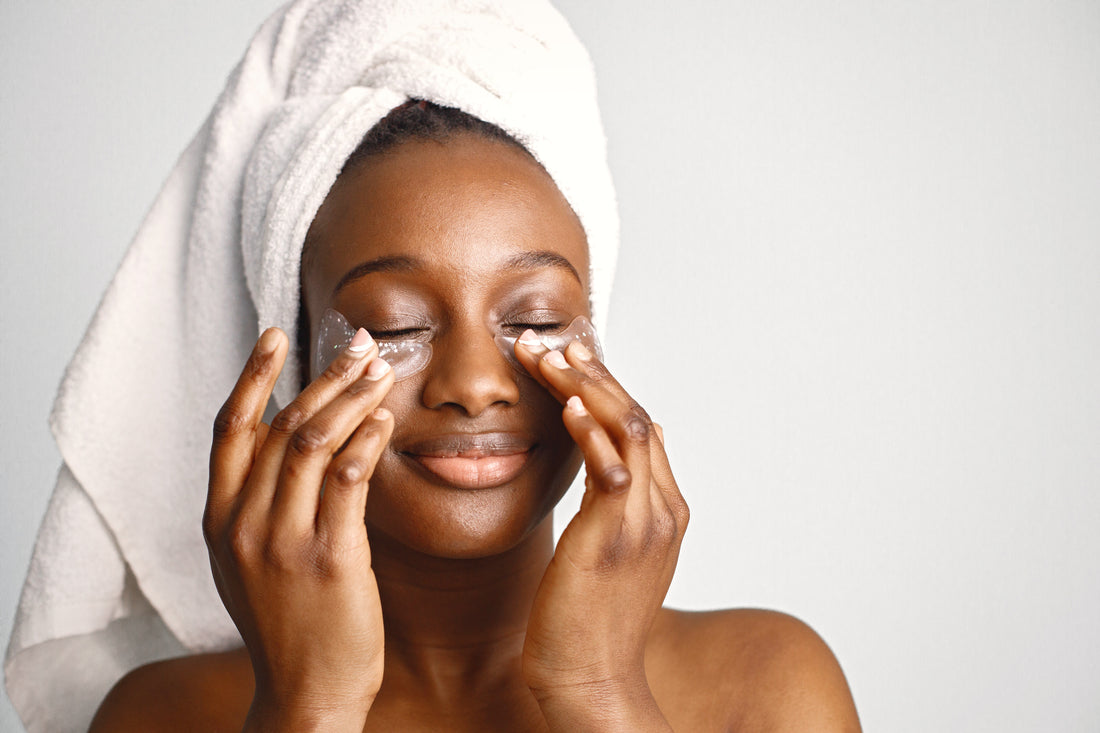
Face cleaning is an essential part of any skincare routine.
Share
Not only does it help remove dirt, oil, and makeup, but it also promotes healthy skin by preventing breakouts and maintaining a clear complexion. Let's dive into the science behind face cleaning and why it is crucial for overall skin health.
Why is face cleaning important?
Our skin is constantly exposed to environmental pollutants, bacteria, and other impurities that can clog pores and lead to skin issues. By cleansing the face regularly, you can remove these impurities and prevent them from causing inflammation or acne. In fact, studies have shown that proper face cleaning can reduce the risk of acne by up to 50%.
How does face cleaning work?
When you cleanse your face, the cleanser works to break down the dirt, oil, and makeup on the skin's surface. Water helps to wash away these impurities, leaving your skin clean and refreshed. Additionally, some cleansers contain ingredients like salicylic acid or benzoyl peroxide, which can help unclog pores and reduce acne-causing bacteria.
What are the benefits of face cleaning?
Regular face cleaning offers a range of benefits, including:
- Preventing breakouts and acne
- Removing dead skin cells
- Improving skin texture and tone
- Enhancing the effectiveness of skincare products
How often should you clean your face?
It is recommended to cleanse your face twice a day – once in the morning and once at night. This helps to remove sweat, oil, and impurities that accumulate throughout the day and night. Over-cleansing can strip the skin of its natural oils, leading to dryness and irritation, so it's important to find a balance that works for your skin type.
Conclusion
Face cleaning is a fundamental step in any skincare routine. By understanding the science behind it and the benefits it offers, you can make informed decisions about the products you use and the frequency of cleansing. Remember, a clean face is a healthy face!
